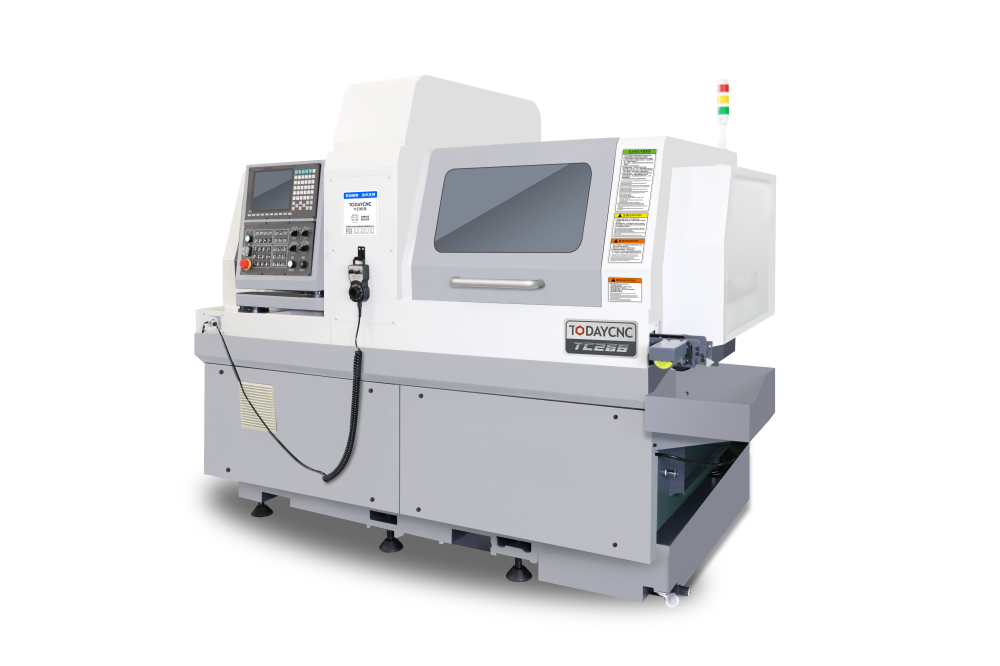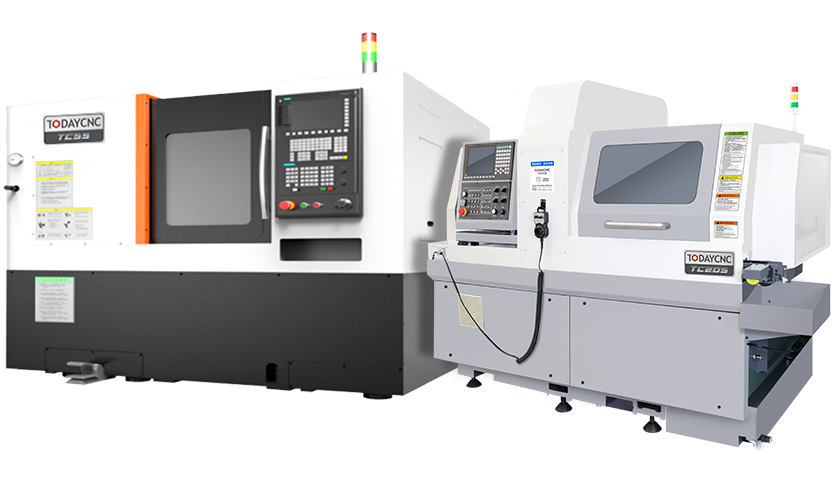Unlocking Efficiency: The Benefits of CNC Precision Automatic Lathes in Manufacturing
Unlocking Efficiency: The Benefits of CNC Precision Automatic Lathes in Manufacturing
Table of Contents
1. Understanding CNC Precision Automatic Lathes
2. Key Features of CNC Lathes
3. Advantages of CNC Precision Automatic Lathes
3.1 Enhanced Precision and Accuracy
3.2 Increased Production Speed
3.3 Reduced Labor Costs
4. Applications of CNC Precision Automatic Lathes
4.1 Aerospace Industry
4.2 Automotive Manufacturing
4.3 Medical Device Production
5. Comparing CNC Lathes with Traditional Lathes
6. The Future of CNC Technology in Manufacturing
7. Frequently Asked Questions (FAQs)
8. Conclusion
1. Understanding CNC Precision Automatic Lathes
CNC (Computer Numerical Control) precision automatic lathes are advanced machining tools that utilize computer programming to automate the machining processes. These machines are capable of executing complex tasks with minimal human intervention, significantly improving efficiency in manufacturing settings. By interpreting coded instructions, CNC lathes can precisely cut, shape, and finish materials to meet exact specifications.
2. Key Features of CNC Lathes
CNC precision automatic lathes come equipped with various features that enhance their functionality:
- **Computerized Control**: The core of CNC lathes lies in their computerized control systems, allowing for precise programming and automated operations.
- **Multi-Axis Capability**: Many CNC lathes are designed with multiple axes, enabling them to perform intricate cuts and shapes that traditional lathes cannot achieve.
- **User-Friendly Interfaces**: Most modern CNC lathes feature intuitive interfaces that simplify the programming process for operators.
3. Advantages of CNC Precision Automatic Lathes
The shift towards CNC technology in manufacturing brings numerous advantages that bolster efficiency.
3.1 Enhanced Precision and Accuracy
CNC precision automatic lathes deliver unrivaled accuracy in machining. The computerized control systems ensure that every cut and shape adheres to tight tolerances, resulting in high-quality outputs. This precision is critical in industries where even slight deviations can lead to catastrophic failures.
3.2 Increased Production Speed
By automating the machining processes, CNC lathes significantly enhance production speed. These machines can operate continuously, undertaking multiple tasks without the need for breaks. The result is a dramatic increase in output, allowing manufacturers to meet higher demands more effectively.
3.3 Reduced Labor Costs
While CNC lathes require skilled operators, the overall labor costs can be lower compared to traditional machining. Automation reduces the number of workers needed for each operation, enabling companies to allocate their human resources more efficiently.
4. Applications of CNC Precision Automatic Lathes
CNC precision automatic lathes find applications across various industries, demonstrating their versatility.
4.1 Aerospace Industry
In the aerospace sector, precision is paramount. CNC lathes are used to manufacture critical components, such as turbine housings and landing gear parts, which must meet stringent safety and performance standards.
4.2 Automotive Manufacturing
The automotive industry benefits immensely from CNC technology. These lathes produce components like engine blocks, transmission cases, and drive shafts with remarkable accuracy, contributing to the overall performance and reliability of vehicles.
4.3 Medical Device Production
CNC lathes play a vital role in the medical device field. They are employed to manufacture precision instruments, implants, and other components that require exact specifications to ensure patient safety and device functionality.
5. Comparing CNC Lathes with Traditional Lathes
While traditional lathes have their place in manufacturing, they cannot match the efficiency and capabilities of CNC lathes. Traditional lathes rely heavily on manual operations, making them more labor-intensive and prone to human error. In contrast, CNC lathes provide consistent quality, faster production times, and the ability to execute complex designs with ease.
6. The Future of CNC Technology in Manufacturing
The future of CNC technology looks promising, with ongoing advancements driving further improvements in efficiency. Innovations such as artificial intelligence and machine learning are being integrated into CNC systems, allowing for self-optimizing processes and predictive maintenance. These developments will continue to shape the manufacturing landscape, making CNC precision automatic lathes indispensable tools for modern manufacturers.
7. Frequently Asked Questions (FAQs)
What is the primary benefit of using CNC precision automatic lathes?
The primary benefit is the combination of high precision, increased production speed, and reduced labor costs, which together enhance overall efficiency in manufacturing.
How do CNC lathes compare to traditional lathes in terms of cost?
While the initial investment for CNC lathes can be higher, the long-term savings in labor and increased production efficiency often outweigh the costs.
Are CNC lathes difficult to operate?
CNC lathes require skilled operators, but advancements in user-friendly interfaces and programming software have simplified the operation significantly.
What industries benefit the most from CNC lathes?
Industries such as aerospace, automotive, and medical device manufacturing benefit immensely from the precision and efficiency offered by CNC lathes.
What future innovations can we expect in CNC technology?
Future innovations may include enhanced artificial intelligence capabilities, better integration with IoT devices, and improved predictive maintenance systems that further streamline operations.
8. Conclusion
CNC precision automatic lathes represent a pivotal advancement in the manufacturing industry. Their ability to deliver unmatched precision, speed, and operational efficiency makes them essential for modern production environments. As technology continues to evolve, the benefits of CNC lathes will only become more pronounced, solidifying their role as the backbone of efficient manufacturing processes. By investing in CNC technology, manufacturers can unlock new levels of productivity and maintain a competitive edge in an increasingly demanding market.
Related Blog














